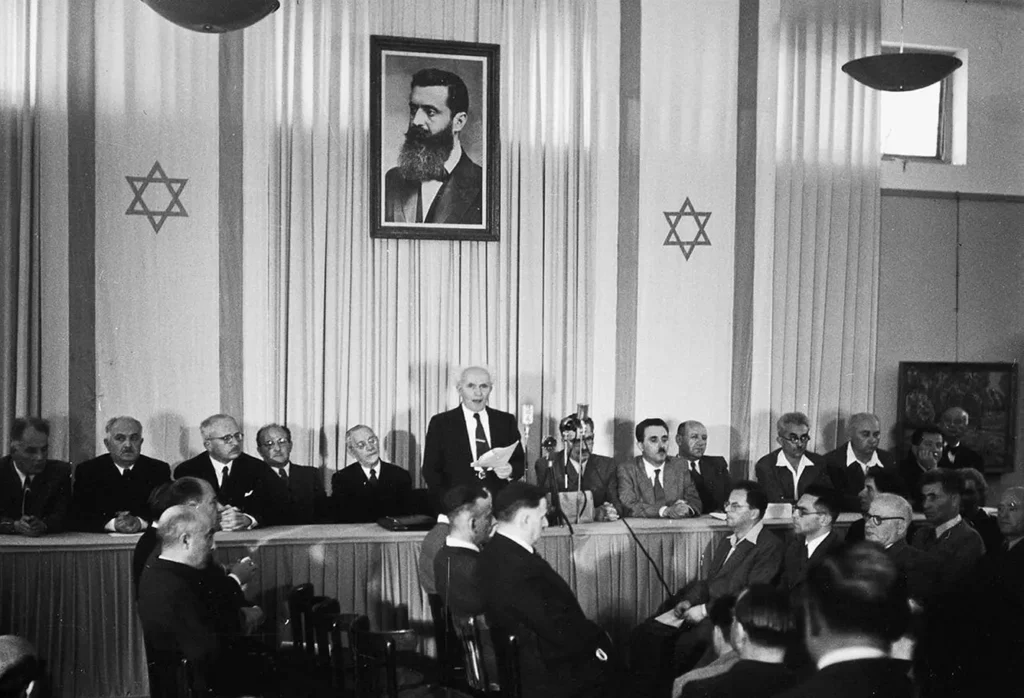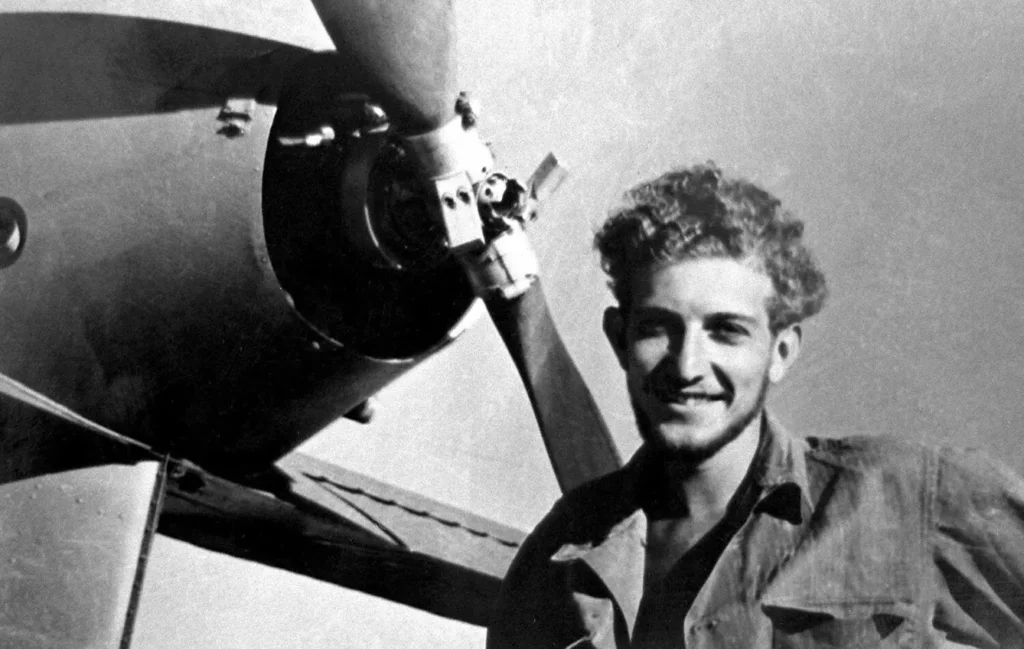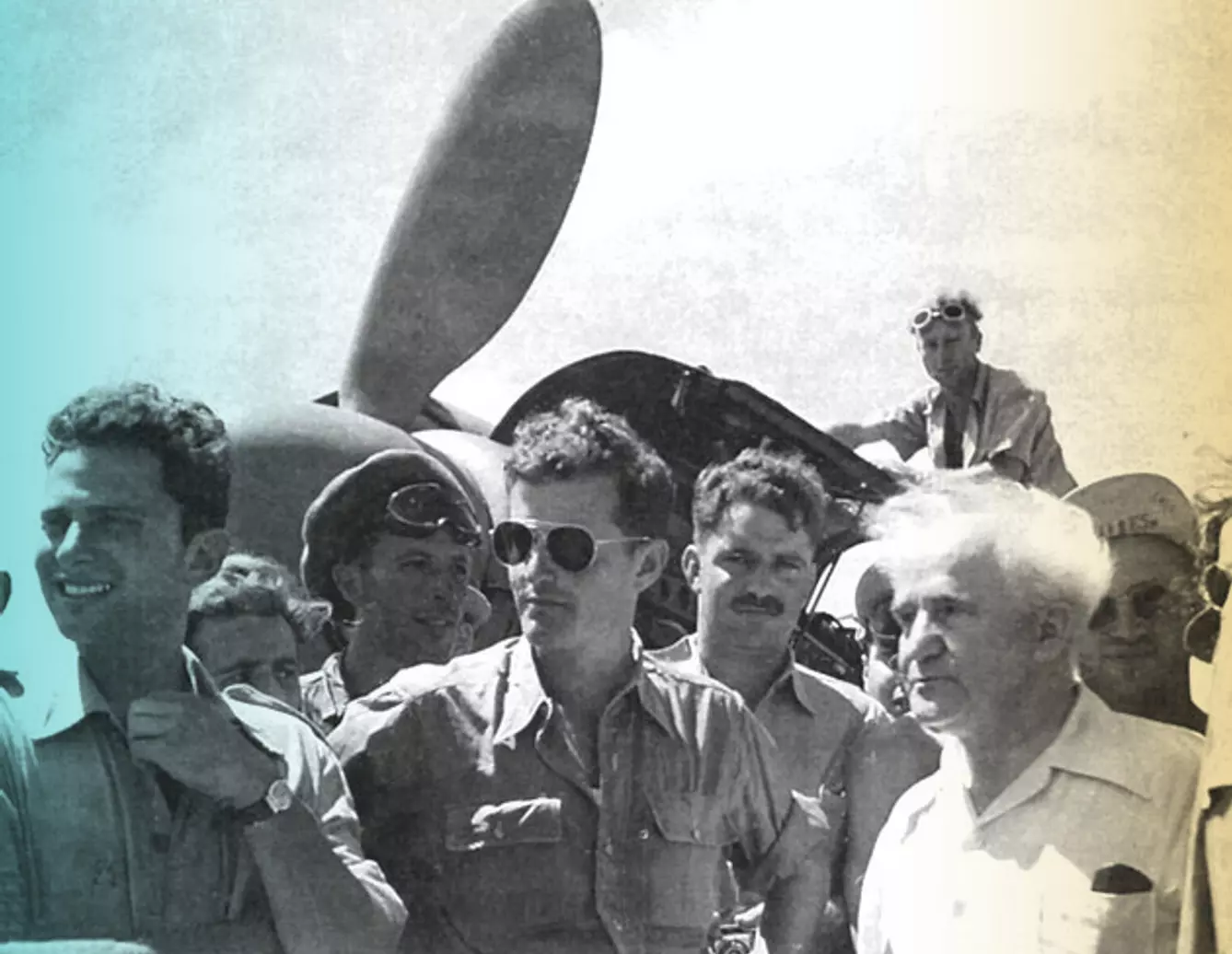It was 14 May 1948 when The State of Israel proclaimed its formal independence. In less than 24 hours, the armies of Egypt, Transjordan, Syria, Lebanon, and Iraq, invaded the territory of the newly-formed state.
The Israeli politicians and diplomats had been trying to get arms and support wherever possible. However, all countries were hesitant to export military equipment to the newly-born country surrounded by much stronger enemies. In 1948, only one country in the world decided to help: Czechoslovakia.

Czechoslovakia: providing weapons for the Holy Land
Very early on, Czechoslovakia started to supply Israel with small arms and ammunition. The first 4,500 rifles, 200 machine guns, and 5,040,000 rounds of ammunition were transported to Belgium and then shipped to the Israeli port city of Haifa. However, the naval route proved to be inefficient. That is why, from then on, the Czechs transported all the weapons by air. The first such flight, from Prague to Israel, took place on 31 March 1948. The American Northern Airlines aircraft transported 200 rifles, 40 machine guns, and 7 tons of ammunition to Israel.
At the beginning of May, Czechoslovakia launched Operation BALAK. During this top secret mission, which would eventually turn the tide of the war, Czechoslovakia flew Israel’s first Avia S-199 fighter planes on board the Skymaster and Constellation transport aircraft.
In the end, Czechoslovakia sent twenty-five Avia S-199 fighters, 61 Spitfire fighter aircraft, 34,500 P-18 rifles, 20,000 bayonets, over 50 million bullets, 5,515 MG-34 machine guns with 10,000 ammo belts, 500 ZB-26 light machine guns, 900 ZB37 heavy machine guns, and 500 CZ vz. 27 pistols with ammunition.
In 1968, when the former Israeli Prime Minister David Ben-Gurion talked about the Israeli War of Independence, he said: “Czechoslovak arms saved the State of Israel, really and absolutely. Without these weapons, we wouldn’t have survived.”
Training the Jewish soldiers
Czechoslovakia also became the primary training center for Israeli pilots, air specialists, tankers, and paratroopers. Seventy pilots, forty-three tankers, and forty-eight Israeli paratroopers underwent a rigorous selection and received demanding training to meet the conflict’s harsh demands. After finishing the training, the cadets traveled back to Israel. They became the backbone of the forming Israeli Airborne, Armored, and Air forces.
The vast majority of those cadets were foreign Jewish volunteers, many with experience from World War II. Among the pilots training in Czechoslovakia was Ezer Weizman, the later commander of the Israeli Air Force and President of the State of Israel.

Support towards Israeli victory
Czechoslovakia provided more than just military aid. The people also wanted to help the new nation, desperately fighting for its freedom. The Czechoslovak government raised over 30 million Czechoslovak crowns for Israel.
After 15 long months of fierce fighting, Israel proved that it was able to defend itself and survive. Thanks to the bravery and willpower of its people. And thanks to the help from those who were ready to support anyone defending freedom and justice in the world: the Czechs.







